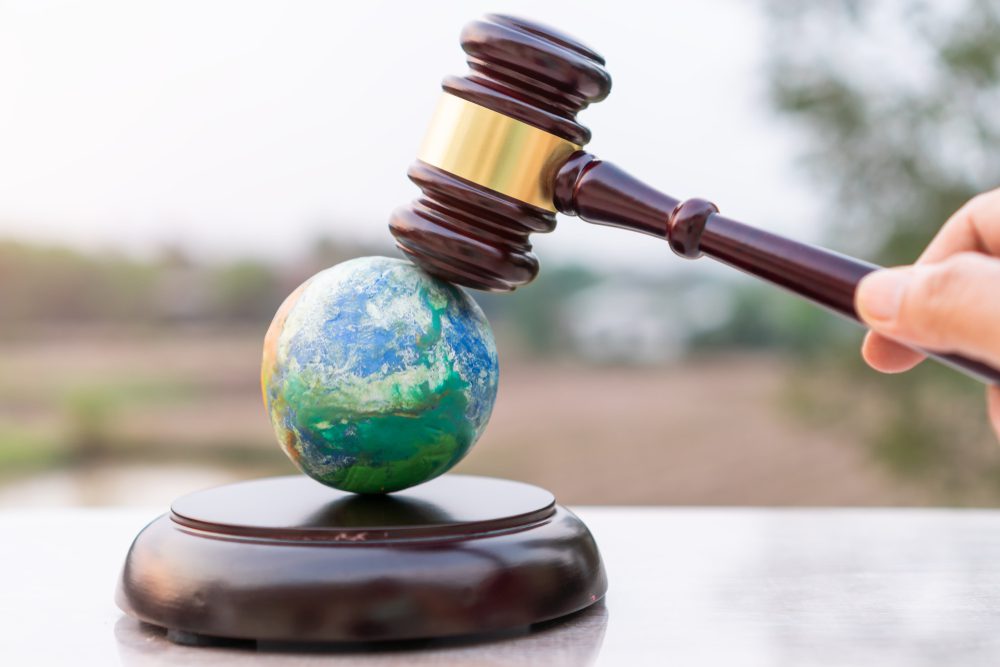
An important step has been taken to make ‘ecocide’—the destruction of the environment, either willfully or through neglect—legally punishable within the European Union.
Following last week’s unanimous vote in the legal affairs committee on March 26th, the European Parliament adopted a new EU directive on environmental criminal law.
According to Parliament’s draft text:
Member States shall ensure that any conduct causing severe and either widespread or long-term or irreversible damage shall be treated as an offense of particular gravity and sanctioned as such in accordance with the legal systems of the Member States.
“This is historical! The European Parliament unanimously supports my proposal to enshrine ecocide in European law,” tweeted French MEP Marie Toussaint (Greens), who was part of the vanguard bringing the initiative before the European Parliament.
🔥 C'est historique ! ⏳
— Marie Toussaint 🌍🌏 (@marietouss1) March 29, 2023
Le Parlement européen soutient à l’unanimité ma proposition d’inscrire l'#écocide dans le droit européen.
Objectif : en finir avec l'impunité des criminels de l'environnement. Explications 👇 #StopEcocide #RecognizeEcocideNow pic.twitter.com/66AidsMPBI
A dozen countries around the world already have legislation for ecocide—which the draft text defines as “unlawful or wanton acts committed with knowledge that there is a substantial likelihood of severe and widespread or long-term damage to the environment being caused”—in place.
The enshrinement of ecocide in EU law would add 26 EU bloc members (with the exception of France, which has had such laws in place since 2021) to that list overnight. If the proposal becomes a reality, environmental damage could then be grounds for criminal prosecution in Europe.
Since the legislation concerns criminal law, not just corporations but also individuals can be prosecuted for crimes against the environment. If convicted, they could face fines or even imprisonment.
Exactly which infractions would be liable for prosecution is as yet unclear.
The directive’s adoption is expected to follow in the coming months during trilogue talks among the European Parliament, the Commission, and the EU’s 27 member states in the Council of the EU.
If accepted by all parties, all EU countries will adapt their criminal law to accommodate the European directive, and prosecute such environmental crimes in the future.
While there is no international law against ecocide that applies in peacetime, the International Criminal Court’s Rome Statute outlaws ecocide during wartime if it is “clearly excessive” in relation to expected military advantage.
Activists, however, hope that the EU’s recognition of ecocide might pave the way for the Rome Statute to be amended, adding ecocide during peacetime to its 4-point list of international crimes (crimes against humanity, genocide, war crimes, and crimes of aggression).
